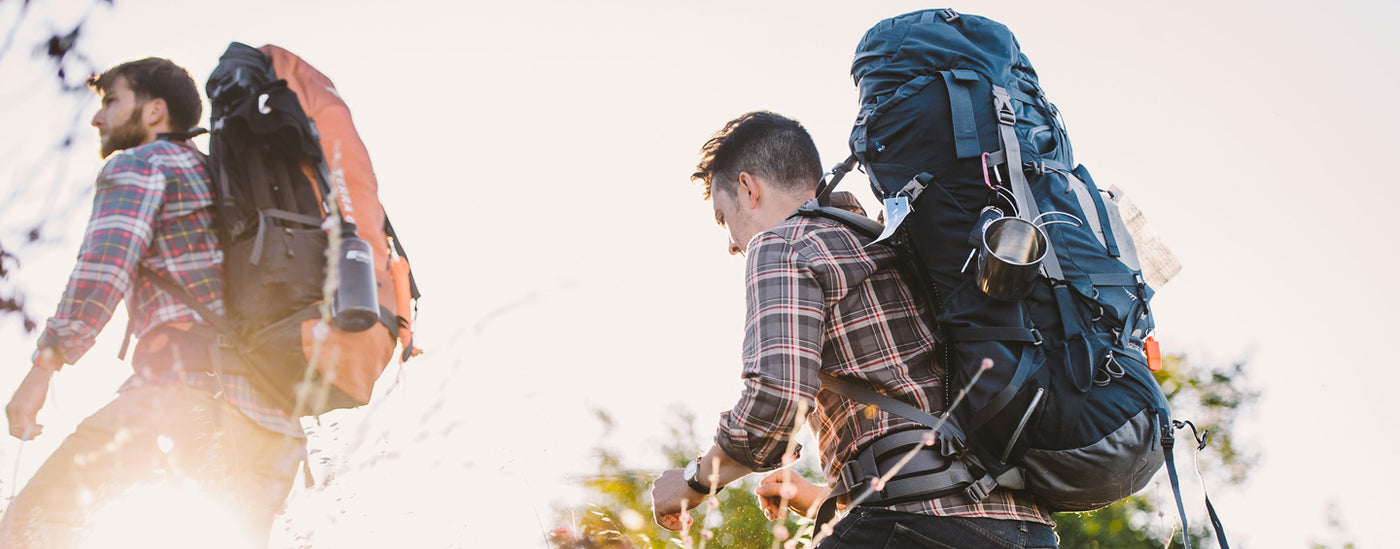Your Cart is Empty
You are $99.00 away from free shipping!
Your Cart is Empty
You are $99.00 away from free shipping!

While it’s helpful to know what to do for your first camping trip, it’s just as helpful to know what NOT to do. Trust us. For this edition of Camping 101, we present: 7 Common Rookie Mistakes You Don’t Want to Make.
You may have pictured driving up and having your choice of campsites, but this is hardly ever the case. Make your reservation in advance, and be sure to make note of the amenities available (or not) at the campground. (Grills? Picnic tables? Bathrooms?) Bonus tip: even if there are bathrooms, ALWAYS bring extra TP.
Be sure to check the forecast ahead of time and pack accordingly. An oversight here can be a very costly mistake. Most importantly, be sure you know how cold it will get at night. Proper clothing layers will be critical during both day and night, but you’ll also appreciate having a sleeping bag that is appropriate for nighttime temps, whether warm or cold.
If you just bought a new tent for this camping trip (or have just borrowed one from a friend), be sure to set it up at home first. For one, it will give you a low-pressure practice run, but just as important, it will allow you to confirm that there are no missing parts and that the tent is the size you need. (Bonus tent tip: if there is ANY doubt about the overnight weather, put the rain fly on the tent. Every. Time.)
In particular, don’t forget kitchen cleaning supplies. You’re probably already doing well at planning and organizing your camp meals, including supplies for both cooking and eating. But remember that you’ll need to wash up after those meals. Bring dish soap, sponges or rags, and bins you can use as wash basins.
The light of a campfire is beautiful, but it’s not going to help when you’re fumbling through your bag in your tent or walking to the restroom in the middle of the night. Lanterns, flashlights, and headlamps are invaluable. Bring them.
Camping doesn’t have to be about the ultimate “roughing it” experience, depriving yourself of every creature comfort. Especially for a beginner. Even the most seasoned campers bring a cushioned sleeping pad and coffee.
Assuming you’re not camping in your suburban backyard, remember that you’re in nature. Being at a designated campsite does not mean that wildlife visitors will keep to their own space. This is still actually “their space.” So, keep a clean campsite, and always secure any and all food before you go to sleep.
Make the most of these first camping trips. Start small, be flexible, and give yourself time to get the hang of it. It’s all part of the experience! (And be sure to check out our collection of rugged bags and apparel for folks who appreciate the spirit of adventure.)

